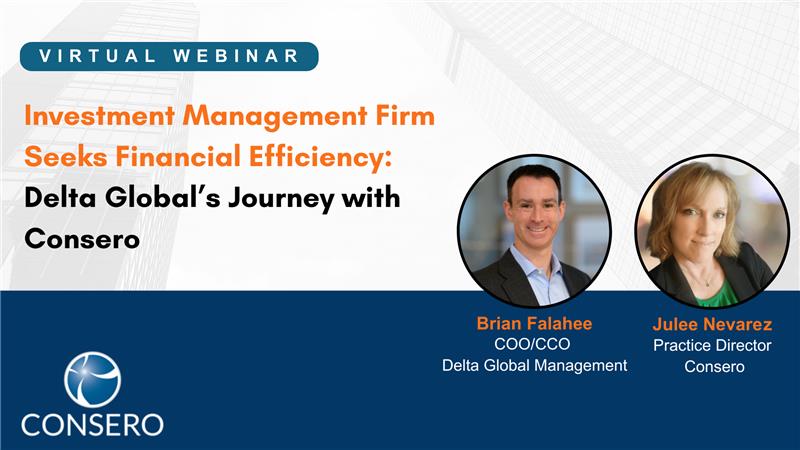This blog post was written by Scott Tynes and originally appeared in the Austin Technology Council Blog, entitled Scott Tynes’ Recap of CFO Dinner
Introduction
The CFO role continues to evolve to that of an architect of business value. If you think about value in terms of either driving faster growth, controlling costs and/or increasing enterprise value. How do CFO’s drive value for the companies they serve? The thoughtful discussion at the ATC CFO Dinner on April 7th, 2016 gave us insight to that very question. Moderated by Scott Tynes from Consero Global, the panel of finance executives included: Phil Murray from Kimbia, Mel Tang from Sparefoot and April Downing from WP Engine. Together, they outlined a few tips on how to stay focused and drive strategic value for your company. This post from Scott Tynes summarizes the message from the evening.
Interact with business as often as possible.
It is increasingly important today that CFO’s need to interact with the business as often as possible. Value is about exceeding expectations. Adding value beyond closing the books and reporting financial information is crucial to developing the significance of the CFO role.
The finance function is the one function other than the CEO that clearly has the need to talk with all the other functions in a company (Sales, Marketing, Development, Support, etc.). Use that as a mechanism to get out and understand each component of the business and the people running them. That context and insight is the key platform that helps CFO’s drive value.
KPI’s that matter – monitor the success or failure of the business.
As a company grows, it acquires more stakeholders (employees, investors, advisors) who need to remain engaged in the business in order to play their role most effectively. When those different stakeholders are empowered with the right information, it leads to better communication between teams, more introductions from investors to potential customers or employees and an overall culture of transparency.
Tips on KPI’s . . .
- Trends are more important than any data point… are things going up and to the right!
- Slim down what’s reported to the Board and Investors. Be sure you want to be reporting that KPI over and over again before you introduce it to investors.
- KPI reporting to investors is important but equally or more important is proving that transparency down to employees, especially the ones responsible for driving the KPI.
Raising funds to support the growth of business requires strategy.
Fund raising and the related cash planning is an integral part of growing the business in most companies these days. The CFO and the executive team must be constantly aligned on upcoming activities that affect your financial position.
Tips on fund raising . . .
- Be careful to not let CEO’s chase the $’s and angle their pitch towards what they think an investor wants. This can create massive misalignment and issues down the road after receiving the capital
- Be aware that equity comes with more strings than just dilution. The process itself can be a time suck and after receiving capital you’ll have more reporting requirements and stakeholders to address.
- Equity should be supplemented with a revolving line of credit where possible to give as much flexibility to the company as possible.
The key to success is exponential growth – scalability.
Scalability is one of the most important factors when starting a new business or hoping to take a current business to the next level. Successful business growth depends on a scalable business model that will increase profits over time, by growing revenue while avoiding cost increases.
Tips on how you can stay on a fast track . . .
- Build the right process and technology platform to support your company earlier rather than later. The technology and processes need to provide finance executives with real-time and objective information, good data and transparency about the numbers.
- If automating any of your production processes is possible – your business model can scale more efficiently. When system or technology changes are required don’t try to fit that in as side project for people on your team. Utilize outside providers to manage that project.
- Working smarter is crucial. Outsourcing certain operations can save you time and help you keep costs down as your business grows. Utilize part time or contract CFO’s for as long as possible. This can typically work through a Series A round.








